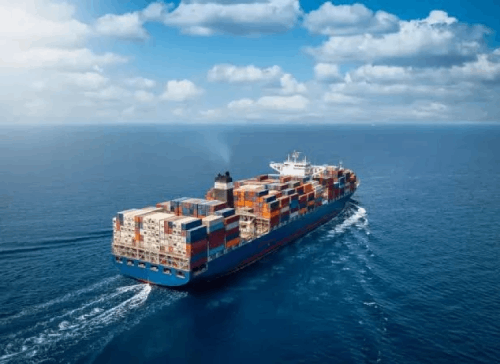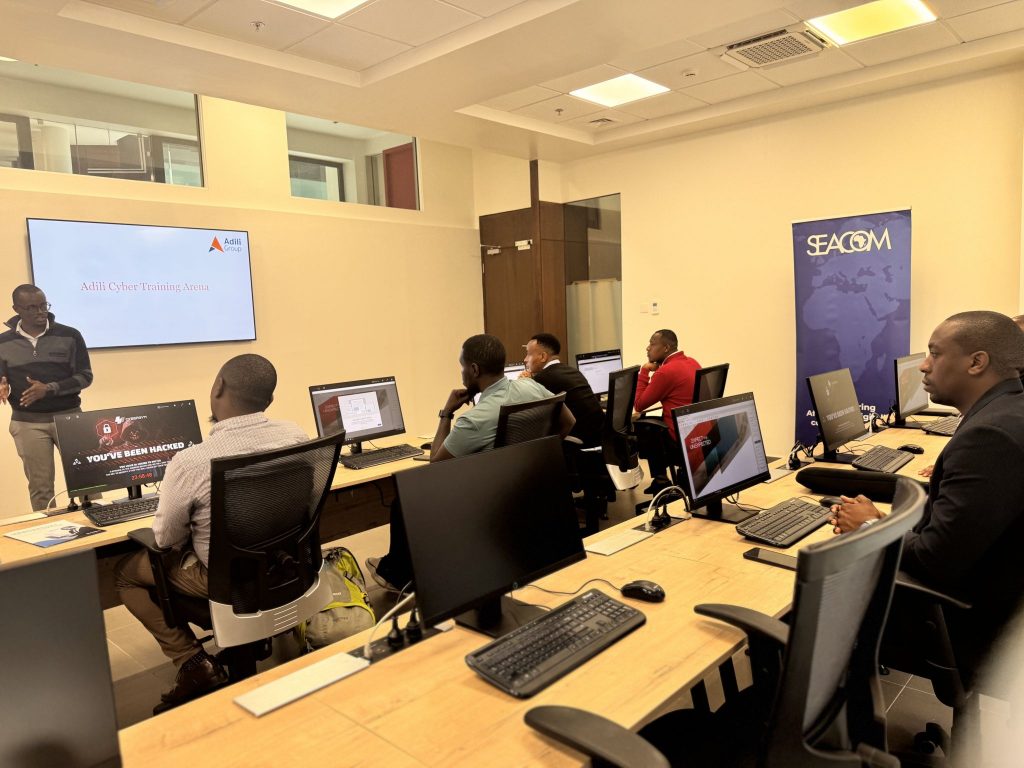Photo by Citizen Digital
The history of global shipping goes back thousands of years, beginning with ancient civilisations like the Egyptians, Phoenicians, and Greeks who used ships to trade goods and slaves across the Mediterranean Sea and other waterways. Maritime trade expanded significantly during the age of exploration, as European powers established global trade routes connecting Asia, Africa, and the Americas.
The shipping industry, like other industries around the world, is embracing a digital future, and vessels are increasingly equipped with sensors, connectivity, and AI-driven systems that allow real-time tracking, route optimisation, predictive maintenance, and automated decision-making.
The integration of Internet of Things (IoT) technologies and big data analytics is creating “smart ships”—vessels that can anticipate issues, optimise fuel consumption, and ensure better compliance with safety and environmental regulations. Although fully autonomous commercial shipping remains a few years away, pilot programs and trials are taking place in countries like Norway, Japan, South Korea, and China. The world’s first autonomous cargo ship, Yara Birkeland, made headlines by launching in Norway in 2021.
These vessels promise to reduce labor costs, enhance safety, and make operations more efficient. However, challenges around regulation, insurance, cyber security, and human oversight remain.
Our Executive Chairman, Chris Diaz, authored a piece in the Citizen newspaper. You can read more about it here.












